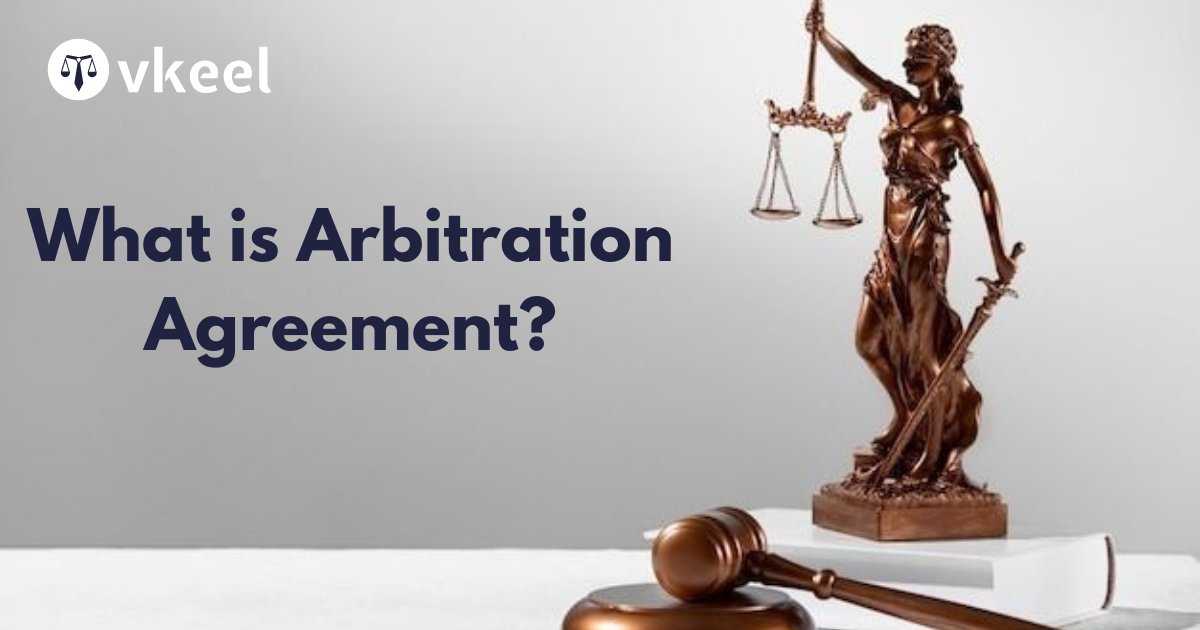What is an Arbitration Agreement?
By Joy Puri
Table of Contents
Introduction
The concept of Arbitration holds ancient origins, with early instances seen in Egypt and Mesopotamia around 3000 BCE, In the very society it was used to resolve commercial disputes among merchants.
The greek arbitrators were chosen by mutual consent, while Roman law observed and enforced arbitration agreements between the members of the society. The medieval period in Europe saw arbitration flourish among merchants through the body of Law Merchants.
Tracing back to the developments in America, the history of arbitration can be tracked back to the colonial period, where informal arbitration was often used to settle disputes in small communities of the society thereof.
Tracing another example, in the country of France, the development of arbitration possesses a similarly rich history. Talking about the medieval period, arbitration was widely used in commercial disputes, particularly among merchants and in maritime traders of the ancient times.
Both the United States and France have been instrumental and significant in shaping the modern domain of arbitration.
The birth of New York Convention of 1958 served as a crucial document which both countries are signatories of, which further bolstered international arbitration by ensuring the recognition and enforcement of foreign arbitral awards in the society.
Arbitration Agreement
An arbitration agreement can be opined in the fiction of law as the agreement by the parties to submit to arbitration all or certain disputes which have arouse or which are on the verge to arise between them in respect of a defined legal relationship, whether contractual or not.
The agreement related to the arbitration may be in the form of the arbitration clause or the contract as a whole in a separate agreement.
The clause shall be in writing. It is accepted to be in writing if it contains the document which is thereby duly signed on the part of both the parties. There must be the exchange of letters, telex, telegrams or some other means of telecommunication which thus provides a record of agreement.
An exchange of the statements of claim and defence in which the existence of the agreement is alleged by one of the party and not denied by the other.
Arbitration agreement is not required to be ascertained is whether the parties have agreed that if the disputes arise between them in respect of the subject matter of the contract such dispute shall be referred to arbitration, then such an agreement would spell out as an arbitration agreement.
Scope
The Supreme Court of India in a landmark case ordained about the scope of the arbitration clause in the agreements.
An arbitration contract is a collateral term of a contract as distinguished from its substantive terms but nonetheless it stands as an integral part.
The contract may be Non Est in the sense that it never came legally into existence or it is void ab initio.
Though the contract was validly executed, the parties may put an end to it as if it had never existed and the substitute a new contract for it solely governing their rights and liabilities.
Between the two falls, many categories of disputes in connection with a contract, such as the question of repudiation, frustration, breach etc. In those cases, it is the performance of the contract that has come to an end, but the contract is still in existence for certain arising under it or in connection with it.
Landmark Cases
UOI Vs Kishorilal Gupta AIR1959 SC 1362
Scope of the 1996 Act is very wide and it not only contains arbitration agreement in writing but also other agreements as entailed in the Section 7(4).If there is any arbitration in any other enactment for the time being in force i.e. Statutory Agreement, provisions of 1996 amendment shall apply except sections 40(1), 41 and 43.
Cherelton Vs Spencer 1842 3QB 693
A recital of disputes may or may not limit the subject matter referred to arbitration. A reference of all disputes and differences which existed between the parties is not cut down or limited by a recital of specific disputes.
BL International Ltd Vs Export Credit Guarantee Corp Of India Ltd 2004 3SCC553
Where parties have agreed to settle their dispute by arbitration and if there is an agreement in that respect, the courts will not permit recourse to any other remedy without invoking the remedy by way of arbitration unless of course both the parties to the dispute agree on another mode of dispute resolution.
Conclusion
Today, arbitration continues to evolve, with both the United States and France playing pivotal roles in its development as a preferred method of dispute resolution in the globalized economy.
The process of arbitration is thereby cost effective and flexible as per the developed needs of the society. The aforementioned concept therefore presents a better and simplified procedure for serving justice in the society.
Disclaimer:
The information provided in the article is for general informational purposes only, and is not intended to constitute legal advice or to be relied upon as a substitute for legal advice. Furthermore, any information contained in the article is not guaranteed to be current, complete or accurate. If you require legal advice or representation, you should contact an attorney or law firm directly. We are not responsible for any damages resulting from any reliance on the content of this website.










